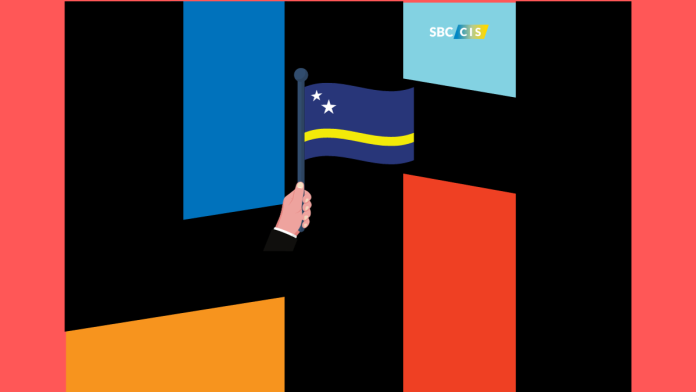The ongoing discussion and process of the large-scale reform of the Curaçao licensing framework have been one of the hot topics in the industry this year.
It is too early to make any definitive conclusions on the future Curaçao licensing framework, as draft regulations are yet to be available for the public. However, from what is known as of today — the Curaçao Gaming Control Board published licensing requirements (which are yet to be finalised) and according to its website, the Curaçao Gaming Control Board will start to accept licence applications from 15 November 2023.
In the meantime, Curaçao authorities have defined a transitional period when operators would be able to obtain either sublicense as per the current regulatory regime (which is still in force) or direct licences from the Curaçao Gaming Control Board under the framework of the recently established transitional regime.
4H Agency believes that the industry is now going through the last bits of the period that will be later known as “before Curaçao reform”. Agency’s analysts have prepared a high- level overview of the existing licensing frameworks that can be considered as an alternative to the Curaçao licence. The list of alternatives that the agency has put together includes:
- Isle of Man (the “IoM”);
- Philippines;
- Malta;
- Kahnawake Indian Reserve No. 141 (as determined by the Canadian government in official documents).
In their overview, the agency has gathered general information in relation to the following aspects of gambling operations:
- available verticals and licence cost;
- required charter capital;
- company requirements;
- financial requirements for the applicant (e.g., bank guarantee);
- approximate term for licence obtaining as per 4H Agency experience;
- PSPs onboarding attitude;
- requirements for servers / data processing location; requirements for certification (e.g., games, machines, platforms, etc.);
- gaming tax;
- income tax (in the jurisdiction);
- income tax (out of jurisdiction);
- prohibited jurisdiction for licensees.
The overview will be useful for anyone in the industry with its operations based on the Curaçao licensing framework, as the agency has strived to provide an overview of the key elements of the alternative frameworks that is intended to at least provide an initial understanding of the avenues that might be considered.
Don’t forget to subscribe to our Telegram channel!










